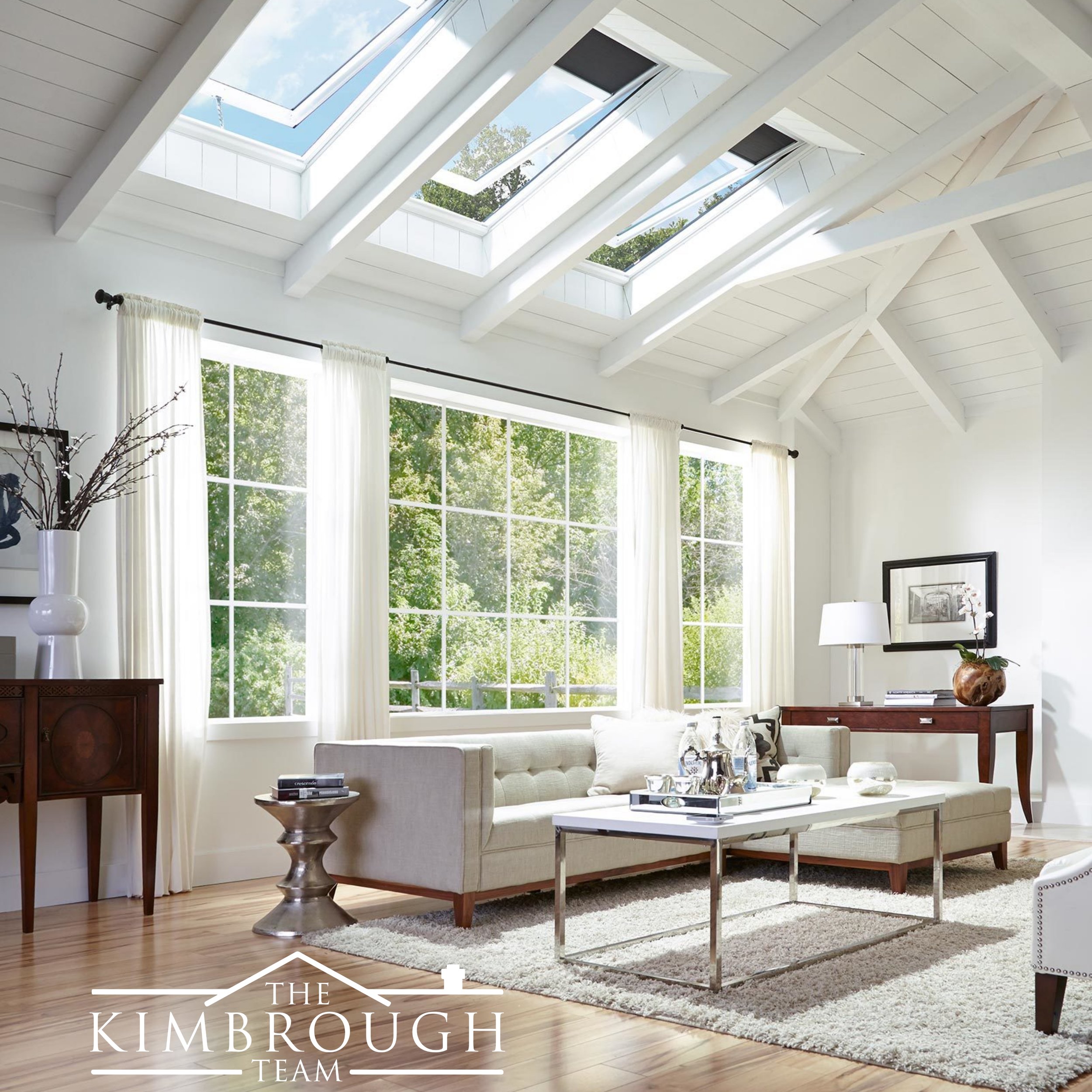Linda,
I will admit, your question is going to teach me a thing or two about homeowner’s insurance, as I must admit it is not something I have spent any significant time looking over. I have spent the past 15 years trusting my insurance agent, Mike Daniels at American Family Insurance, to make sure we have the right insurance coverage. So where better to turn for a little help in giving you a credible answer? I asked Mike to give us some insight into what you need to look for when reviewing your homeowner’s policy.
“Keep in mind that every homeowners needs are different and very personal, finding a local company and a local representative is a leading factor to ensure you are getting proper guidance and counsel. There are a lot of great people in the business. There are
2 homeowner’s policies that are very popular, HO3 and HO5. Both of these will cover all named perils, however the form 5 will throw in some supplementary coverages that some will find important and some will not.
Everyone should pay close attention to look over the named perils of how the home is covered. These primarily include fire, smoke, theft, windstorm, hail, explosion, vandalism, and frozen and broken plumbing. Every company or agent should provide you with a brochure of all the named perils and supplementary coverages included with your policy. When the policy comes in the mail, take the time to review the coverages and then also spend time reviewing the exclusion section of your policy. It is important that if you have questions to call your agent to answer your questions or correct anything that may need to be fine-tuned.
As a home owner you need to consider the dwelling amount, how much will it be to re-build your home? Make sure the insurance policy will cover that amount in full. It is also important to know how much the deductible amount is on your policy. Make sure to ask yourself how much you can afford if you have a loss? The higher the deductible the lower your premium costs will be. Generally speaking, if you maintain your property, you should be able to go with a higher deductible. Lastly you also need to consider personal property loss.
When we are looking at personal property coverage, the questions to ask are how much? And how is that covered? Also consider any specialty items you want covered such as jewelry, coin or gun collections or just any collection or specialty items you want to make sure are covered. Lastly, look for discounts including Alarm systems, age and type of roofs, age of home, complete renovations. It is also possible to save by combining other insurance needs including automobile and umbrella policies. MOST IMPORTANTLY, review your homeowner’s policy at least every two years!”
Well, that about covers it and as you can see, there is a lot to it and being a bit overwhelmed is completely understandable. I always recommend, find an agent you can trust and build a relationship with. I know, for our family, when we need our insurance to kick in, we can trust Mike has us properly covered. Consistently review your policy with your agent to ensure you are both staying on top of your policies and things that may have changed so you are properly covered if you ever have to make that call.
Dave Kimbrough
The Kimbrough Team
Have a question? Ask Dave!















